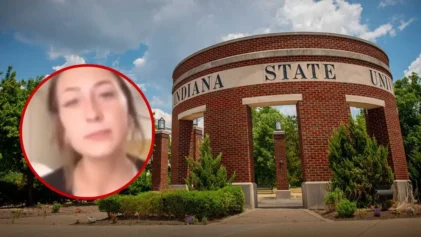Before Haiti became the first Black independent nation, there was the town of San Basilio de Palenque, Colombia, where free Black people thrived nearly 200 years earlier.
In a Dec. 28 Al Jazeera profile, the descendants of the estimated 3,000 former enslaved Black people that helped establish the town are happy to have a strong and unbroken connection to West Africa.
“I am from Palenque, which carries with it respect,” Doiler Tejedor says. “Palenques are respected everywhere they go. So, I am proud to be a Black man from Palenque.”
The pride stems from a history of strong resolve and resiliency. In 1599, escaped Africans led by African Benkos Biohó fled from the Spanish and set up the first free Black settlement in the Americas. Biohó initially established the maroon community with only a dozen or so followers, but the numbers eventually grew into the thousands. After the Spanish failed for decades to recapture the town, the Spanish king decreed in 1713 that Palenque was free.
The town has managed to continue its centuries-long traditions without interruption. The Palenque language (Palenquero), which was created to fool Spanish slavers and to keep information within the confines of Palenque, is still taught in schools and also is used in popular music that combines rap and reggae and played with traditional West African instruments.
“The Palenquero feels African,” teacher Sebastian Salgado says. “Every time an African team plays in the World Cup [global soccer championship], even if it’s against Colombia, that’s who we cheer for.”
Palenqueros believe that, even in death, their souls will return to Africa and reconnect with their ancestors. The remarkable town was designated a Masterpiece of the Oral and Intangible Heritage of Humanity by UNESCO in 2005 and will be protected for the foreseeable future.


